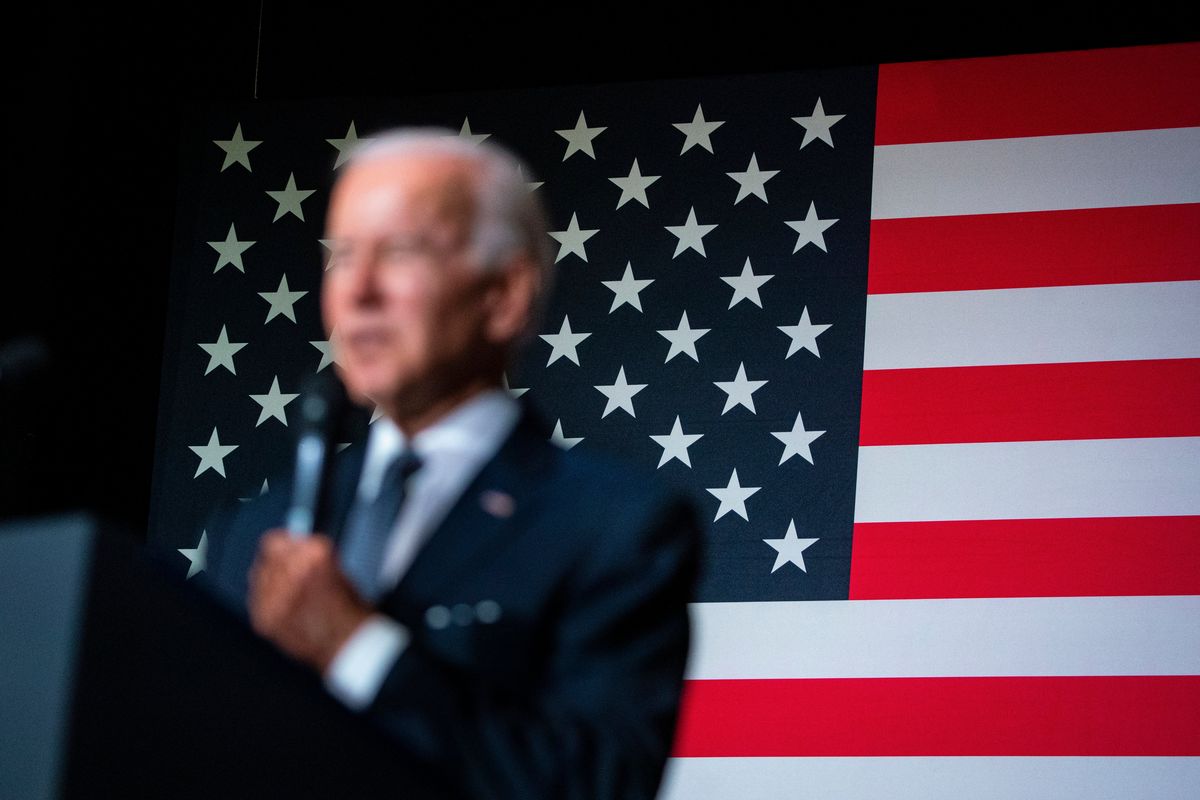Appeals court temporarily halts Biden’s student debt cancellation

A federal appeals court Friday temporarily halted President Joe Biden’s student debt relief plan, preventing the government from moving forward with the debt cancellation it had said could start as early as next week.
The 8th U.S. Circuit Court of Appeals granted a stay in response to an appeal filed by six Republican-led states after a district court judge dismissed their case Thursday for lack of standing.
The action puts any debt cancellation on hold until the court can rule on the states’ request for an injunction preventing the government from discharging debts. The court set a Monday deadline for the government to submit its response to the states’ filing and a Tuesday deadline for the states to respond.
“The order does not reverse the trial court’s dismissal of the case, or suggest that the case has merit,” Karine Jean-Pierre, the White House press secretary, said late Friday. “It merely prevents debt from being discharged until the court makes a decision.”
She encouraged borrowers to continue applying at studentaid.gov. Nearly 22 million people – more than half of all those expected to be eligible – have applied since the system opened late last week.
The pause came one day after Judge Henry Autrey of the U.S. District Court in St. Louis rejected the states’ claim for lack of standing.
“While plaintiffs present important and significant challenges to the debt relief plan,” Autrey wrote, “the current plaintiffs are unable to proceed to the resolution of these challenges.”
Biden’s plan would cancel $10,000 in federal student loan debt for those earning less than $125,000 per year, or $250,000 per household, and $20,000 for those who received Pell grants for low-income families.
In a speech at Delaware State University on Friday, Biden attacked the states’ lawsuit, widely considered the most significant of multiple legal challenges that his plan faces. The Education Department has estimated that the program will cost $379 billion over its lifetime, which is more than 30 years.
“Republican members of Congress and Republican governors are doing everything they can to deny this relief, even to their own constituents,” Biden said.
In a court filing late Thursday, the suing states reiterated to the 8th Circuit their belief that their claims are “likely to succeed on the merits” and that they “have raised substantial or close questions on whether they have standing to pursue this case.”
Once any debt is canceled, “the states will be unable to remedy the full scope of all the harms they are experiencing,” the attorneys general said. The states pursuing the lawsuit are Nebraska, Missouri, Arkansas, Iowa, Kansas and South Carolina.
Biden enacted the debt forgiveness program by invoking a 2003 federal law that allows the education secretary to modify financial assistance programs for students “in connection with a war or other military operation or national emergency.” The Biden administration has argued that the pandemic constitutes such an emergency.
Establishing standing – the ability in court to sue another party for harms – was always expected to be a major obstacle for those opposed to Biden’s debt relief plan, and several lawsuits filed against the government by individuals and organizations have already been dismissed for lack of standing.
The Biden administration has already pared back its plan to try to block legal challenges. In late September, the Department of Education indicated that some Federal Family Education Loans could no longer be consolidated into direct federal loans, which are eligible for forgiveness. This change would prevent potentially hundreds of thousands of borrowers who thought they were eligible for student loan forgiveness from having their debts cleared.
That has stirred disappointment from borrowers represented by debt relief groups such as the Debt Collective.
Matt Lennartz, who graduated in 2010 from Wright State University in Ohio, took out $27,000 in loans and now owes $42,000 because interest accrued while he was on a hardship deferral.
“I’m beyond frustration, generally speaking, at this point with regard to finances,” said Lennartz, whose wife’s loans are eligible for relief. “It’s absolutely kind of absurd.”
But for students at Delaware State University – a historically Black school – who will be eligible for relief if Biden’s plan proceeds, it will be a lifeline.
Zachary Bernard, a student who introduced Biden, said he had taken out loans in 2019 to pay for his tuition and transportation. He will be able to graduate debt-free if Biden’s plan is implemented.
“This is breaking barriers in our communities and in our minds about what we can do with our future,” Bernard said, adding that he and his friends can now think about starting businesses and saving for their first homes.